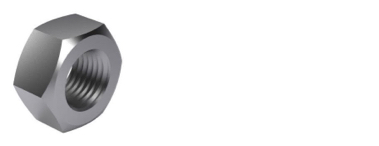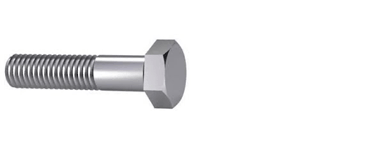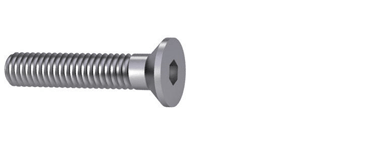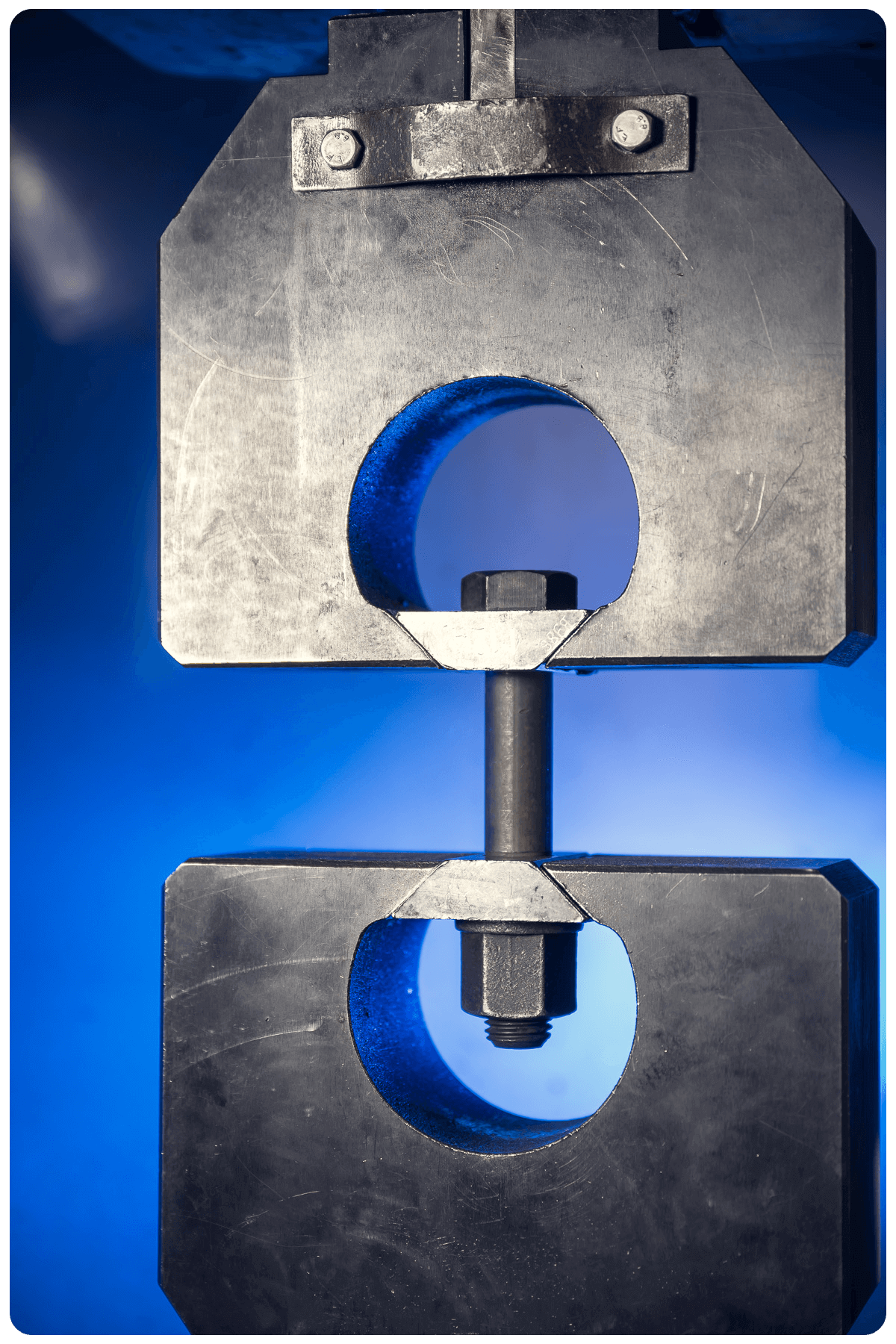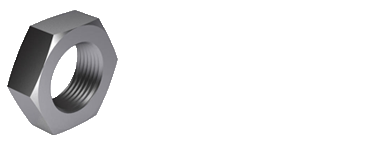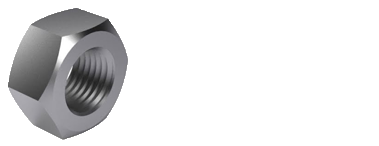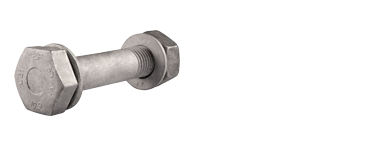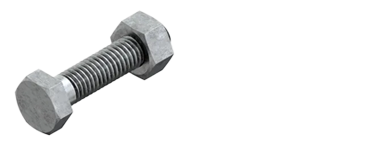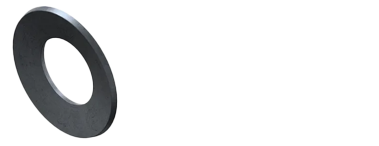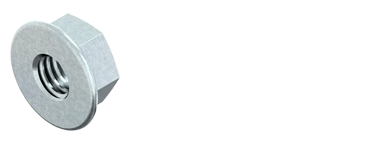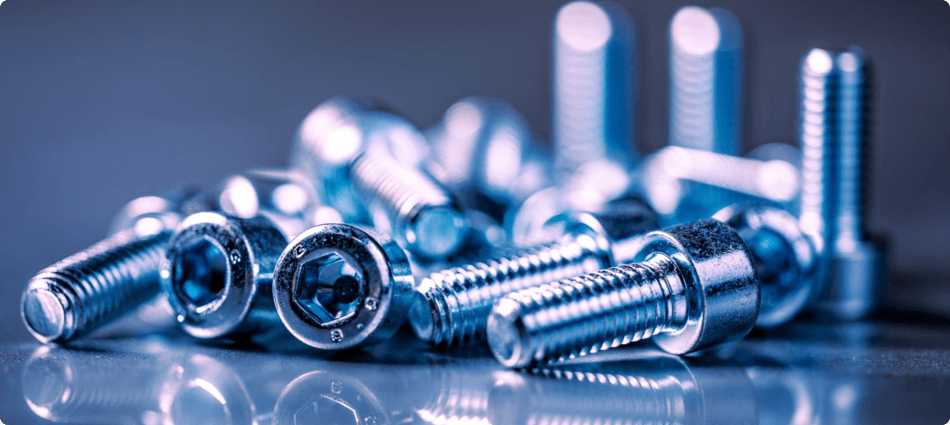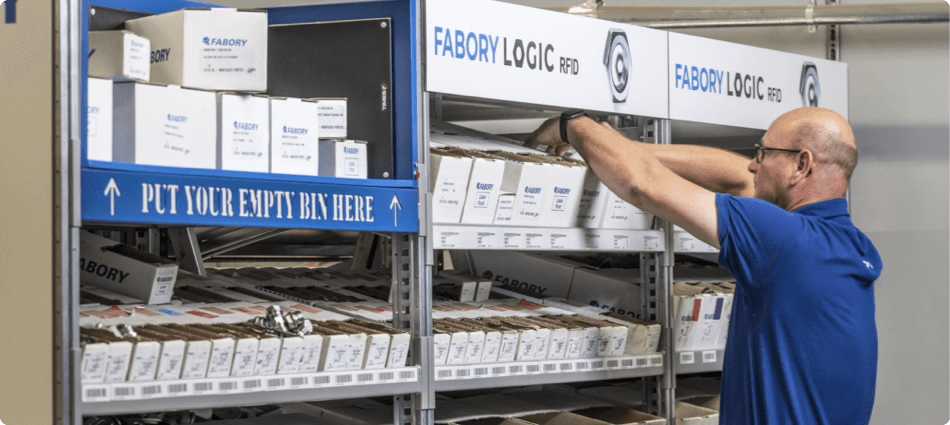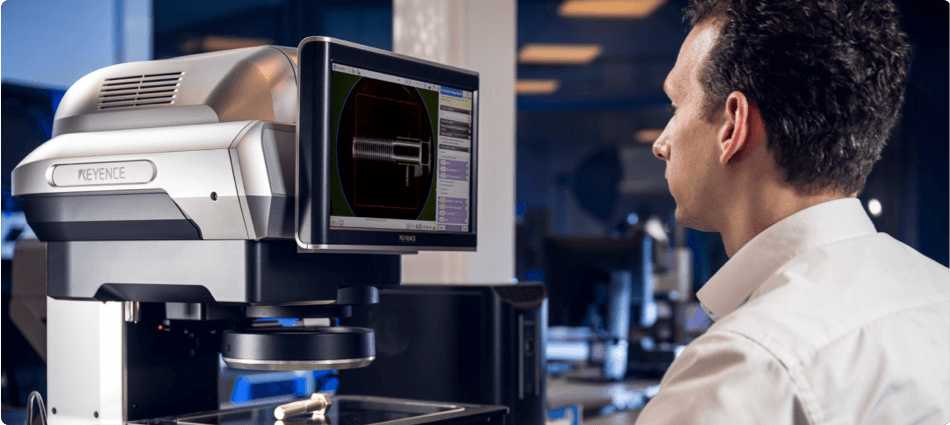ISO (International Organisation for Standardisation):
ISO standards are globally recognised as the benchmark for quality and safety. Our products meet various ISO standards, such as ISO 9001 for quality management and ISO 14001 for environmental management.
History
ISO was established in 1947 and has grown to become one of the most influential standardisation institutes worldwide. It originated from the International Federation of the National Standardising Associations (ISA), active from 1926 to 1942 but ceased during World War II. Following the war, international technicians realised the need for a new and widely supported institute for global standardisation, leading to the establishment of ISO.
Equality
ISO is derived from the Greek word 'isos,' meaning 'equal.' It symbolises universal equality and standardisation, regardless of the language in which the abbreviation is pronounced.
Quality, environment, and information
Since 1945, ISO has developed thousands of international standards that are used worldwide in various industries. Notable standards include ISO 9001 (quality management), ISO 14001 (environmental management), and ISO 27001 (information security).
Operating uniformly
The International Organization for Standardisation (ISO) is a worldwide platform that harmonises technical standards. It provides a common language and basis for product quality, safety, and sustainability. ISO standards promote trade, innovation, and consumer protection while assisting organisations in different countries to operate uniformly. Fabory is proud to make a significant contribution to this way of working.

